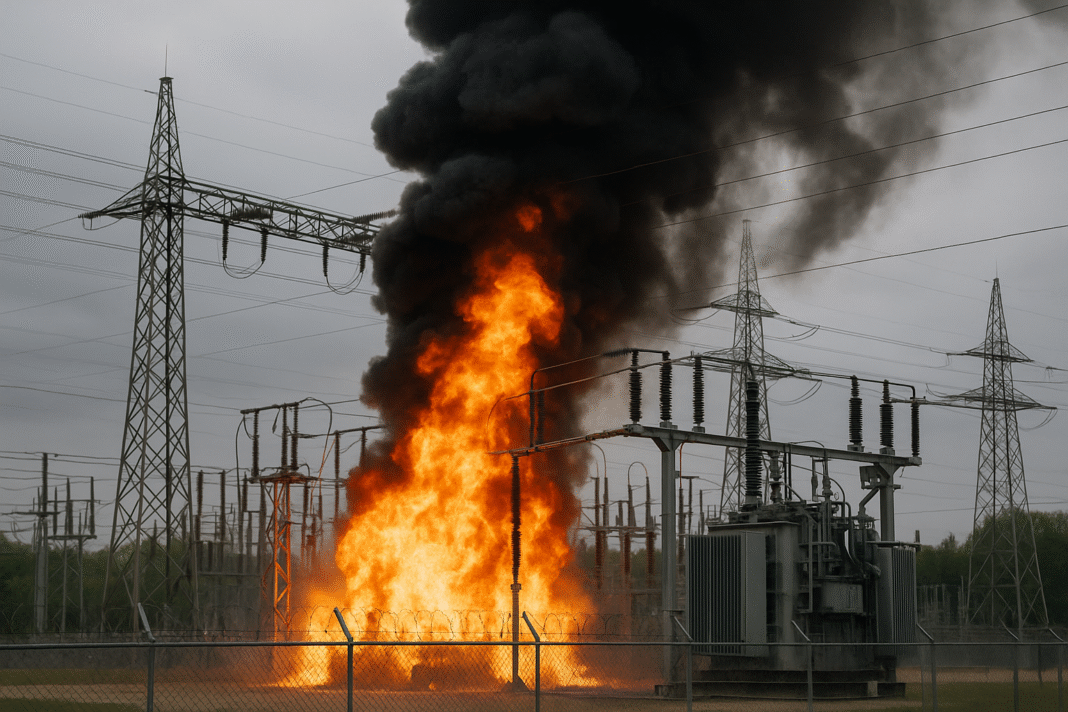A fire at a power substation in Paraná caused a blackout that affected at least nine states and the Federal District early Tuesday (14/10), according to the Ministry of Mines and Energy (MME). In a statement, the ministry reported that the fire began in a reactor at the Bateias Substation, located in the metropolitan region of Curitiba, around 00:32. The cause of the fire has not yet been determined.
This Content Is Only For Subscribers
To unlock this content, subscribe to INTERLIRA Reports.
Interconnected System
The incident disrupted the operation of the National Interconnected System (SIN), which connects power plants and transmission lines across Brazil. The National Electric System Operator (ONS), responsible for coordinating the SIN, said the outage affected power supply in several states and that load restoration was carried out in a controlled manner. According to the MME, the power supply was gradually restored by 2:30, and all regions have since returned to normal.
Structural Problem
The Minister of Mines and Energy, Alexandre Silveira, clarified that the issue was related to infrastructure rather than a general blackout. He explained that the problem occurred in a large substation in Paraná and involved the transmission system, not energy generation. Silveira emphasized that the National System Operator handled the situation automatically, preventing a broader collapse of Brazil’s power grid.
São Paulo and Rio
In São Paulo, Enel reported 937,000 customers without electricity. In Rio de Janeiro, Light confirmed that 450,000 users were affected, mainly in the North, West, and Baixada Fluminense regions. Reports of outages also come from Pernambuco, Bahia, Minas Gerais, Santa Catarina, Amazonas, Goiás, and the Federal District. In the North, Amazonas Energia stated that cities such as Manaus, Parintins, and Itacoatiara remained without power for about an hour.
Analysis:
The fire at the Bateias Substation in Paraná, which temporarily affected power supply in several states, shows how even isolated technical failures can generate widespread effects in a highly interconnected grid. However, the quick containment of the incident and the full restoration of power within two hours confirms the robustness of Brazil’s National Interconnected System (SIN). The episode demonstrates the system’s ability to respond automatically and effectively to disruptions, preventing a broader collapse or prolonged outage.
Although the incident drew national attention due to its initial scale, its quick resolution reinforces confidence in Brazil’s energy infrastructure. The country’s growing reliance on renewable sources, combined with a modernized transmission network, has strengthened overall energy security. The event serves as a reminder of the importance of continuous monitoring and maintenance, but also as evidence that Brazil’s power system is technically prepared to handle emergencies without compromising national stability.




